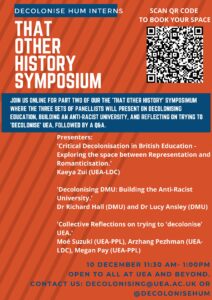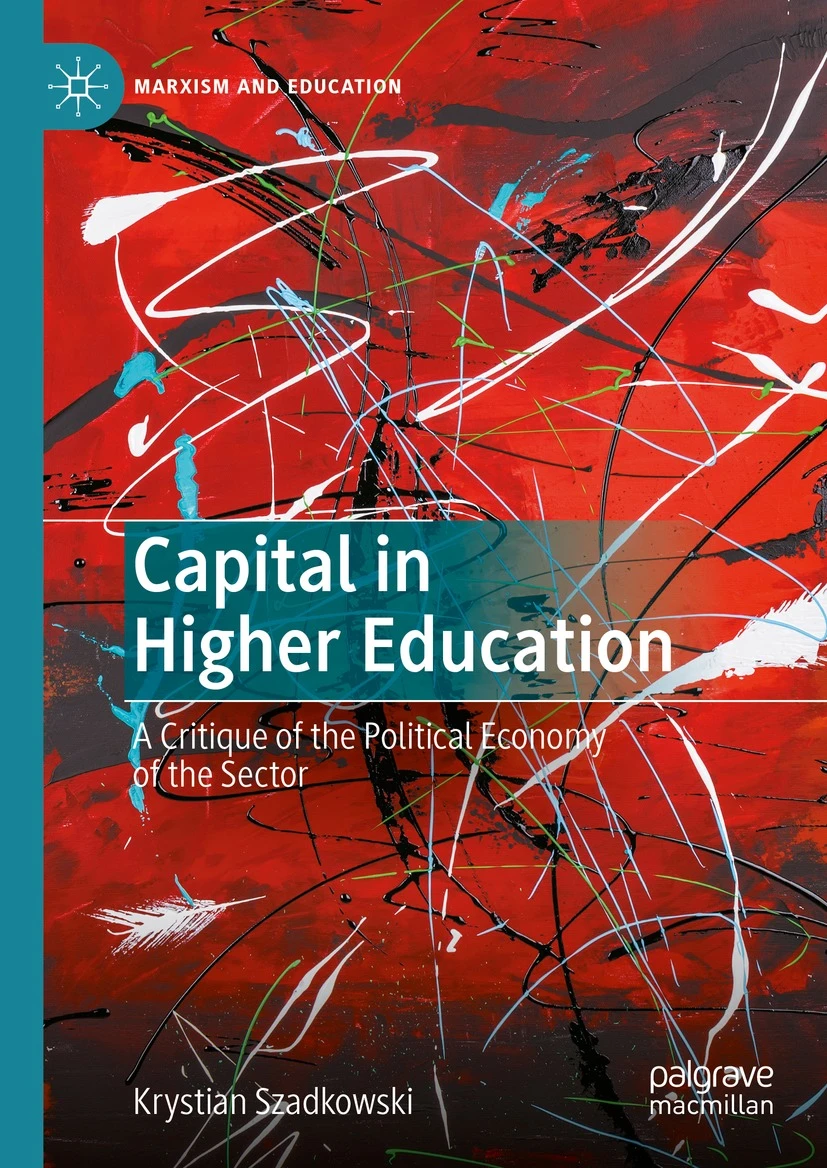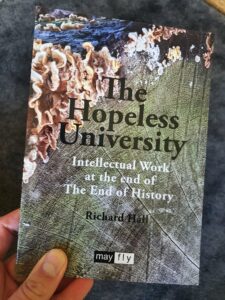I’m speaking on Decolonising DMU: Building the Anti-Racist University online, at a University of East Anglia event, hosted by UEA’s Decolonising Interns’ group. My slides and abstract are noted below the event details.

‘That Other History’ Online Symposium (Mixed Panel)
Friday 10th December 2021 from 11.30 AM to 1:00 PM
For more information, email: decolonising.interns@uea.ac.uk or click the link to join this 10th December event.
‘That Other History’ Symposium Poster has details and a QR code for access.
NB there is also a published paper with some e-prints available on Teaching in Higher Education. The paper is titled Struggling for the anti-racist university: learning from an institution-wide response to curriculum decolonisation.
The following are the three topics/panellists.
- ‘Critical Decolonisation in British Education – Exploring the space between Representation and Romanticisation.’ Kaeya Zui (UEA-LDC)
- ‘Decolonising DMU: Building the Anti-Racist University.’ Professor Richard Hall (DMU) and Dr Lucy Ansley (DMU)
- ‘Collective Reflections on trying to ‘decolonise’ UEA.’ Moé Suzuki (UEA-PPL), Arzhang Pezhman (UEA-LDC), Megan Pay (UEA-PPL)
Abstract
Whilst a number of universities are moving forward with Race Equality Charter work, and broader equality, diversity and inclusion activities, De Montfort University (DMU) has initiated a dedicated Decolonising DMU (DDMU) project, aimed at building the anti-racist University. Building upon work on the awarding gap, the first phase of the project had five strands (Institution, Library, Students, Staff and Research). In its second, emergent phase, the work will shift to focus upon: equality of education and research; progression, talent and representation; governance and accountability; and understanding culture and behaviour.
The project explicitly builds upon a working position grounded in abolitionist, indigenous and critical race positions, which question ontological and epistemological approaches, and which stress social justice. This draws upon existing intellectual and activist practices, and reveals the tensions of bringing such theoretical, methodological and practical positions into conversation with institutional change projects. Where those projects are governed through established change-management methodologies, inside institutions with legacies of power, prestige and privilege, anti-racism as alternative ways of knowing, doing and being potentially jarring and threatening.
Here, DDMU seeks to uncover the tensions in reintegrating such praxis within University structures, cultures and practices. This is important inside institutions that historically centre whiteness, not just in knowledge production but in their everyday lived experiences. In terms of structures, cultures and practices, this brings the University into relation with individual and communal issues of white fragility and privilege, double and false consciousness, and behavioural code switching.
In order to address some of these issues around whiteness, the DDMU project is researching what decolonising means to its stakeholders, through staff/student surveys, student diaries, DDMU team diaries, and staff interviews. This work has revealed: the complexities of meaning around decolonising and its relationship to anti-racism; personal issues that frame and understanding of and engagement with decolonising; structural, institutional issues in delivering meaningful transformation; differing conceptions of the nature of the University; and, the need to explore empathy, relatedness and lived experiences.
In this paper, we draw out some of the themes from this research, in order to reflect upon the development of an institutional project, focused upon delivering long-term, cultural change. We reflect upon the limits of transformation, the relationships between structures and agency, and issues of positionality (for instance, in terms of the identities of researchers seeking to understand lived experiences of marginalisation and trauma).





